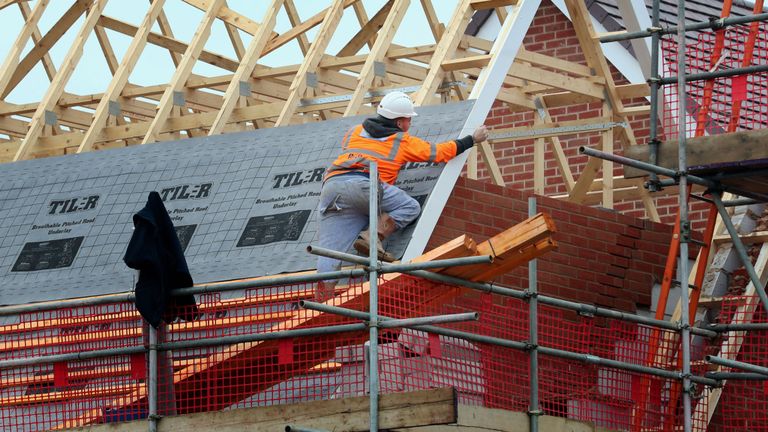Regulatory attention to diversity in the sector has dropped in recent years. Raj Patel and Pritti Allen ask: is it time for it to be stepped up?
There is huge consensus that we are a long way off when it comes to being an equal and diverse sector.
One common theory is that we simply took our eye off the ball with the move towards greater self-regulation around these ‘softer’ standards, while financial viability and governance experienced greater scrutiny as risk appetites increased – group structures, mergers, funding from capital markets, and sales.
The Housing Corporation developed an approach to regulating diversity that went beyond customer profiling. The approach evolved over time following the first diversity pilot audits, the learning from which was reflected in the subsequent good practice notes.
While the impact of this was not measured empirically, it did signify a commitment to deliver a public sector equality duty underpinned by a raft of legislation.
The equality and diversity standards continued to be implemented by the Tenant Services Authority in 2008 before regulation was shifted under the Homes and Communities Agency in 2012 – both of which superseded the Housing Corporation.
The Audit Commission added to the robustness of scrutiny through its ‘key lines of enquiry’. During this time there was a greater visibility of the public sector framework for equality and diversity. The Commission for Racial Equalities ‘codes of practice’ were presented and adopted at numerous board and council meetings across the country.
While there is no suggestion that these were the good old days, it did mean that the right conversations were taking place, and we were all, by default, signed up to being accountable and delivering specific outcomes. There was a culture in the sector that valued equality and diversity, and individual and organisational behaviours had to be guarded against complacency of a ‘tick-box’ practice.
Indeed, the freedom from prescriptive measures could be seen as a positive indication of a consensual relationship to engender trust and creativity. There was a feeling that housing associations were building rigor, knew what needed to be done and would just get on with it.
Inside Housing’s research launched in 2018 alongside its Inclusive Futures campaign demonstrated a lack of diversity at senior levels within the sector and a surprising preponderance of micro-aggressions and harassment – these were just two of a number of research pieces that have highlighted the impact of a diminished focus on diversity over the past decade or so.
While there is no denying the business case for diversity, greater commitment is needed to address the challenges we face. The moral values-driven case needs to be as strong; it’s the right thing to do.
“While there is no denying the business case for diversity, greater commitment is needed to address the challenges we face”
We are now in a new era. Would some form of formal adherence, regulation or accountability be a help or hindrance? There is an argument that given the evolved and perhaps more mature relationship between the regulator and housing associations, we have an opportunity to co-create a values-based approach that requires neither stick nor carrot but one that this based on trust, collaboration and accountability.
At the Diversity, Equality and Inclusion Conference in October last year – hosted by the National Housing Federation, Housing Diversity Network and BME National – a session discussing the development of a ‘housing diversity manifesto generated 28 themes for inclusion.
The top three ideas were: a formal regulation of the housing sector on equality and diversity where diversity data is regularly submitted, integrating equality, diversity and inclusion in all areas of the business through culture change resulting in a strategic business enabler, and measuring and instigating the quality of customer and staff engagement information on diversity issues.

The follow up to this comes in several forms:
- Housing Diversity Network held an initial meeting on 1 October on the development and use of a diversity scorecard. The plan is to drive the process of developing equality and diversity standards and tools for measurement that can stimulate positive action and official recognition and reward. Do get in touch if you would like to contribute to this initiative.
- The National Housing Federation has set up a new national group to collaborate on the key issue of diversity, equality and inclusion in the housing association sector.
- The Diversity, Equality and Inclusion Conference today opened with a session that debates the progress and follow-up needed to positively drive much-needed equality and diversity improvements for our sector that affirms a collaborative and dialogical approach in order to co-create a constructive and effective way forward.
Source: Insidehousing





